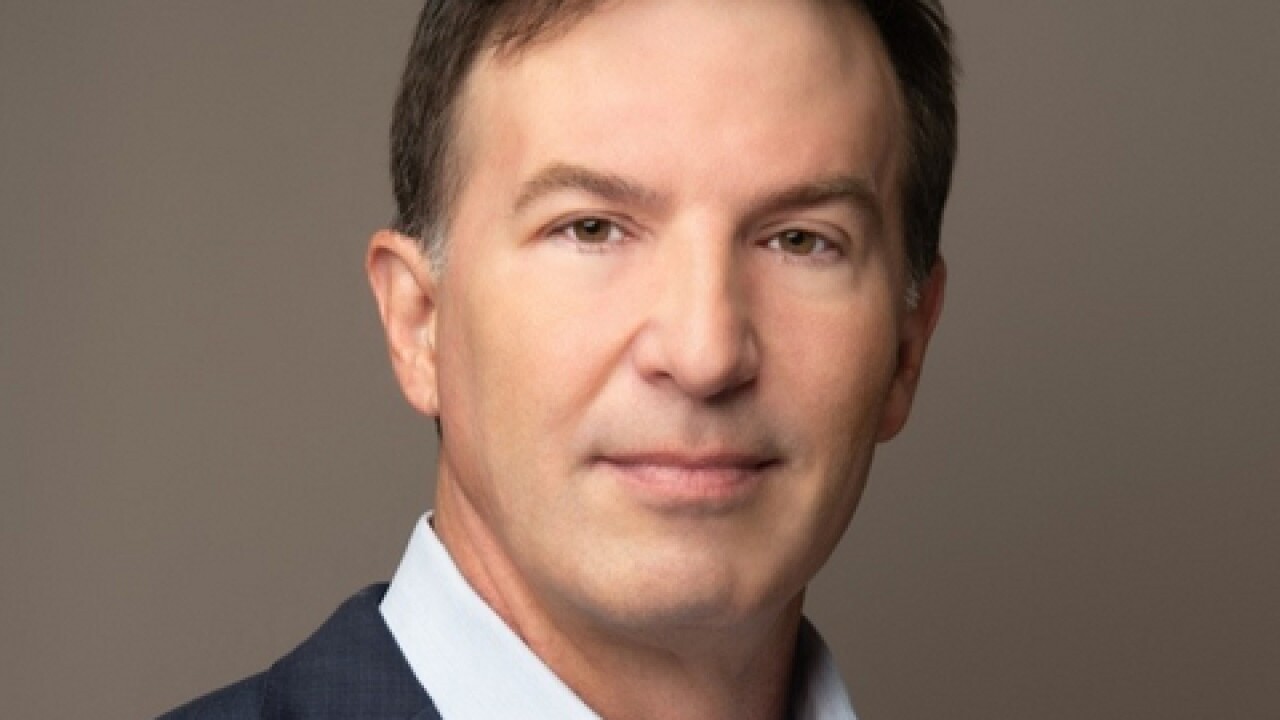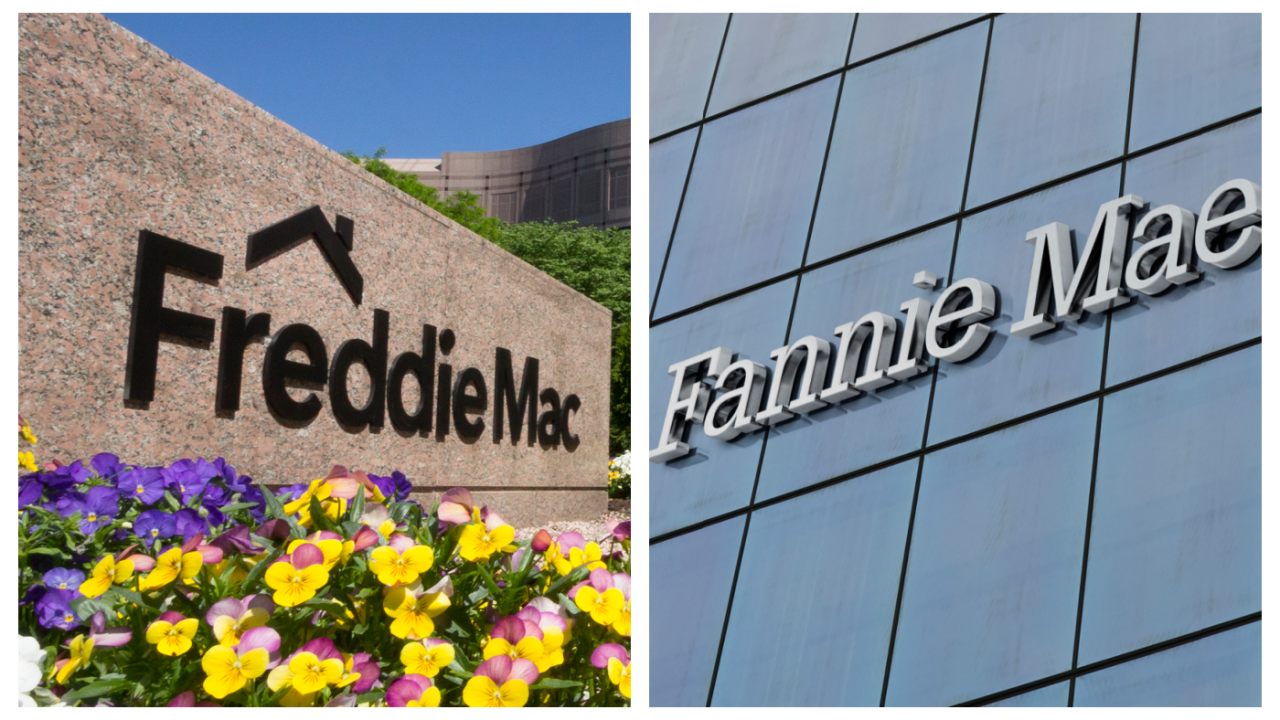Though Bank of America Corp. has fought tooth and nail for its right to levy automated teller machine surcharges in the United States, it and four foreign banks have agreed to waive these fees on one anothers customers, the banks announced Thursday.
The banks Bank of America, Barclays Bank PLC, Deutsche Bank, Bank of Nova Scotia, and Westpac said their coalition, dubbed the Global ATM Alliance, will let their combined 20,000 ATMs be used free of surcharges by 36 million customers on three continents.
Similar surcharge-free coalitions have been formed in various pockets of the United States, mainly by community banks that said they needed to widen the number of free ATMs their customers could use in order to compete with larger banks. The Global ATM Alliance appears to be a similar effort on a larger scale, and the founding banks said they are eager for more banks to join though they are not seeking more U.S. members.
The banks said the alliance will help people who travel internationally. Since overseas transactions are only a small part of a banks ATM transaction volume the banks would not say how much the arrangement is unlikely to cut deeply into their surcharge revenue.
This is a great marketing and public relations message to our customers, said Bob Grant, senior vice president of electronic banking at Bank of Nova Scotia, which operates in 50 countries. We strategically present ourselves as the most international of Canadian banks.
The initiative is expected to begin July 1 for four of the five banks. Scotiabank customers will not be able to take advantage of alliance partners ATMs until Aug. 1 because the bank must give its customers 60 days notice of the change, but customers of the four other banks will get free use of Bank of Nova Scotias ATMs during July.
We want our customers to feel at home no matter where they go, said Bond Isaacson, payments executive for Bank of America in Charlotte, N.C. Going forward, we expect to add new partners to offer this service in many more of the worlds countries.
For years, U.S. consumers and consumer groups have railed against ATM surcharges. Bank of America was among the companies that went to court in California to block efforts by two cities there to bar ATM surcharging.
In the other countries represented by alliance members Germany, the United Kingdom, Canada, and Australia the situations are different. In the United Kingdom, for example, the only ATMs that surcharge are those on sites away from bank premises and operated by nonbank ATM deployers.
In Germany, Deutsche Bank already has a national alliance with Dresdner Bank AG, Commerzbank AG, Deutsche Postbank AG, and Bayerische Hypo-und Vereinsbank AG, all of which waive ATM surcharges for one anothers customers.
In the United States, one of the more successful surcharge-free coalitions has been the SUM program, which is owned and operated by the NYCE network. Most of the member banks are in New England, but banks in upstate New York and the Midwest are also joining, according to Will Peirce, director of network services at NYCE.
In the Global ATM Alliance, the routing of transactions will be unchanged. Transactions made by Bank of America customers will still be routed through either the MasterCard Cirrus network or the Visa Plus network. But ATMs will identify whether a cardholders bank is part of the alliance and will allow us to suppress the fees both the card issuer fee and the ATM acquirers fee, said Bill Raymond, senior vice president of ATM management and development for Bank of America.
The five banks said they will eventually expand the alliance to include ATMs outside each banks respective country. The banks have a combined total of 2,500 ATMs in 58 countries worldwide that are not their primary business markets.
These ATMs are not being included from the start because they are on different networks and require various technological upgrades. Mr. Raymond said, though, that Bank of Americas international ATMs have already been converted.
Executives at some of the banks said they are looking to solicit membership from leading banks around the world, especially in France, Mexico, Spain, South Africa, Asia, and South America. Mr. Raymond said the group is not interested in adding U.S. banks.
Brian Cunnington, group product manager for money transmissions at Barclay, said no financial arrangements were made among the five banks other than the agreement to waive access fees. Each bank is taking care of its own systems upgrade, he said.
A new member would be required to pay to cover the costs of getting into the alliance, Mr. Cunnington said. The fee is not supposed to make money.
The banks said they may one day offer other products or services, which they would not specify, to their collective customer base. I expect youll see other initiatives brought forward by this group over time, Mr. Raymond said.
Alanna Kellogg, president of the Kellogg Group, a St. Louis consulting company for the ATM market, applauded Bank of America for waiving fees on both ends of the transaction but wondered whether customers would get significant savings. From a consumer level, it might have a little flash and sizzle, but it doesnt cost the bank very much because it doesnt happen very often, she said.
Ms. Kellogg said she doubted that this development would have any affect on ATM surcharging in the United States. In the American market, I predict that we will have surcharges for a long time, she said. As long as consumers are willing to pay for that convenience, there will be people willing to stand up and take their money.





